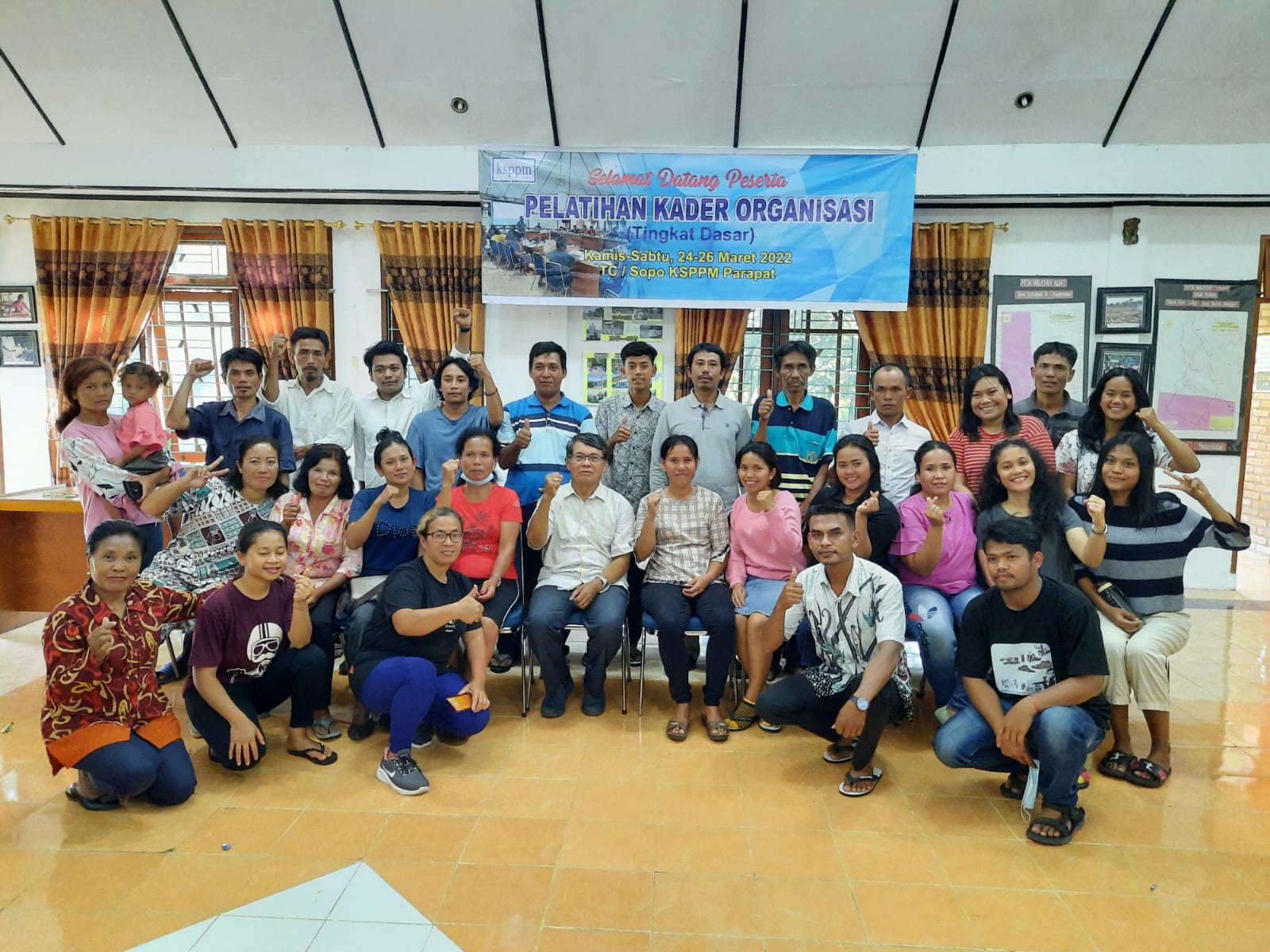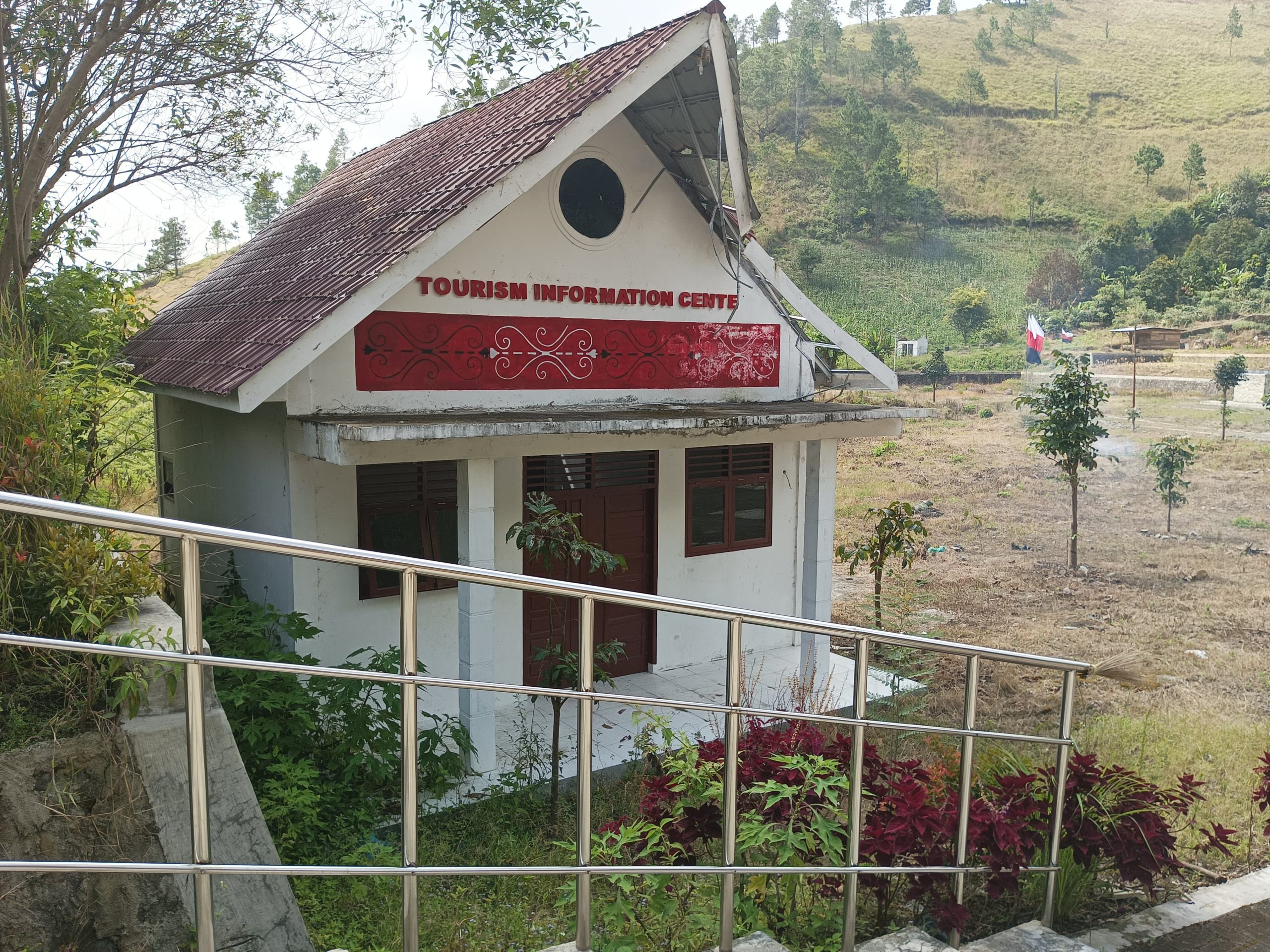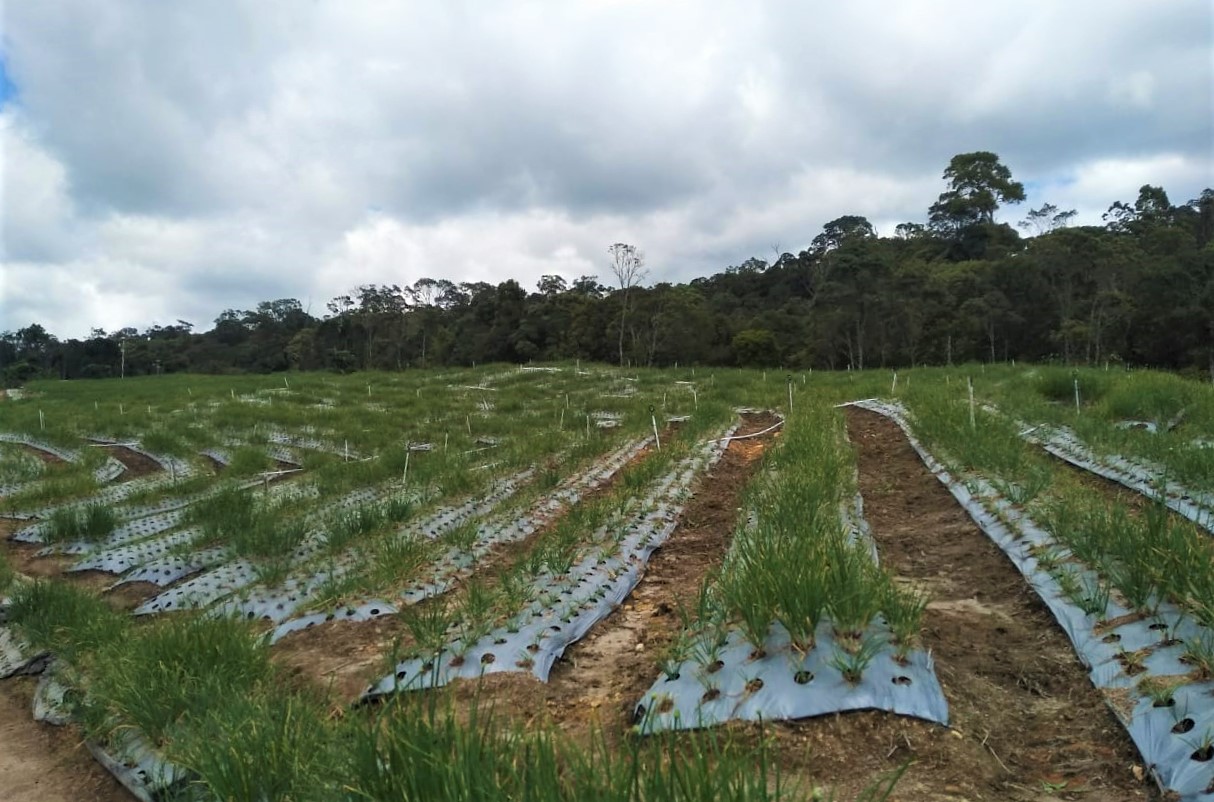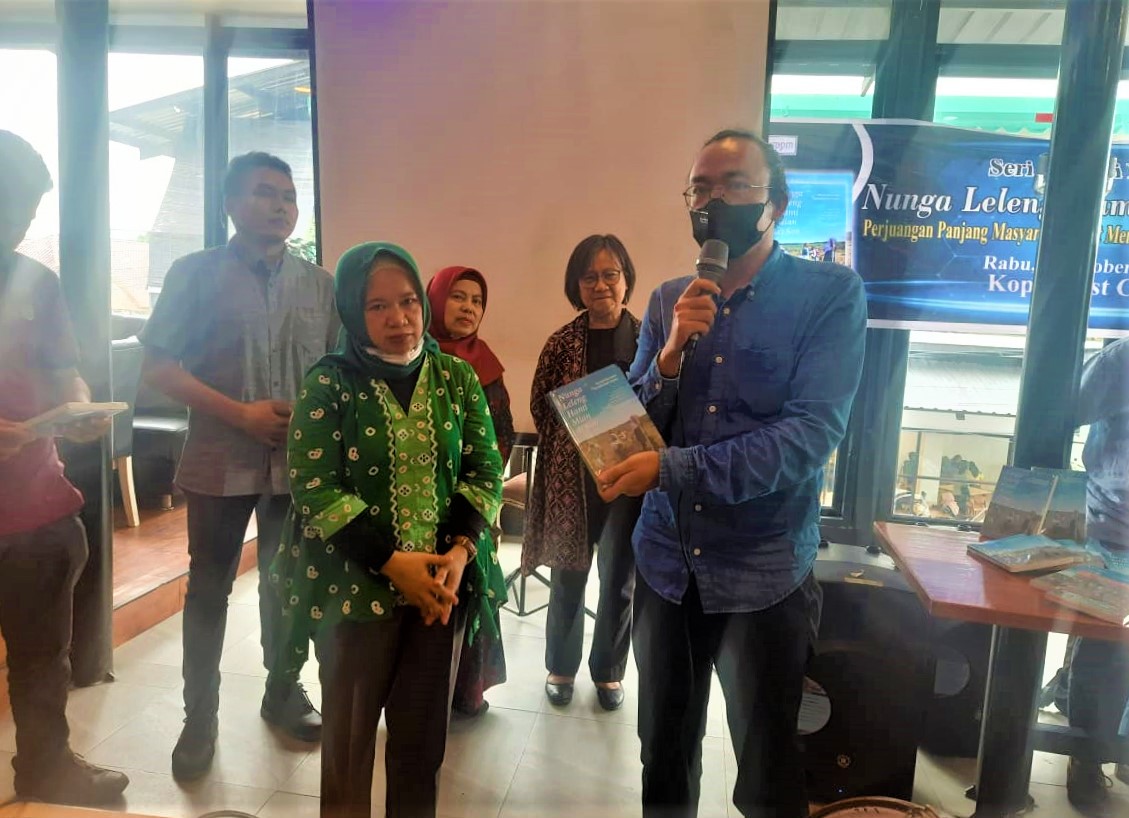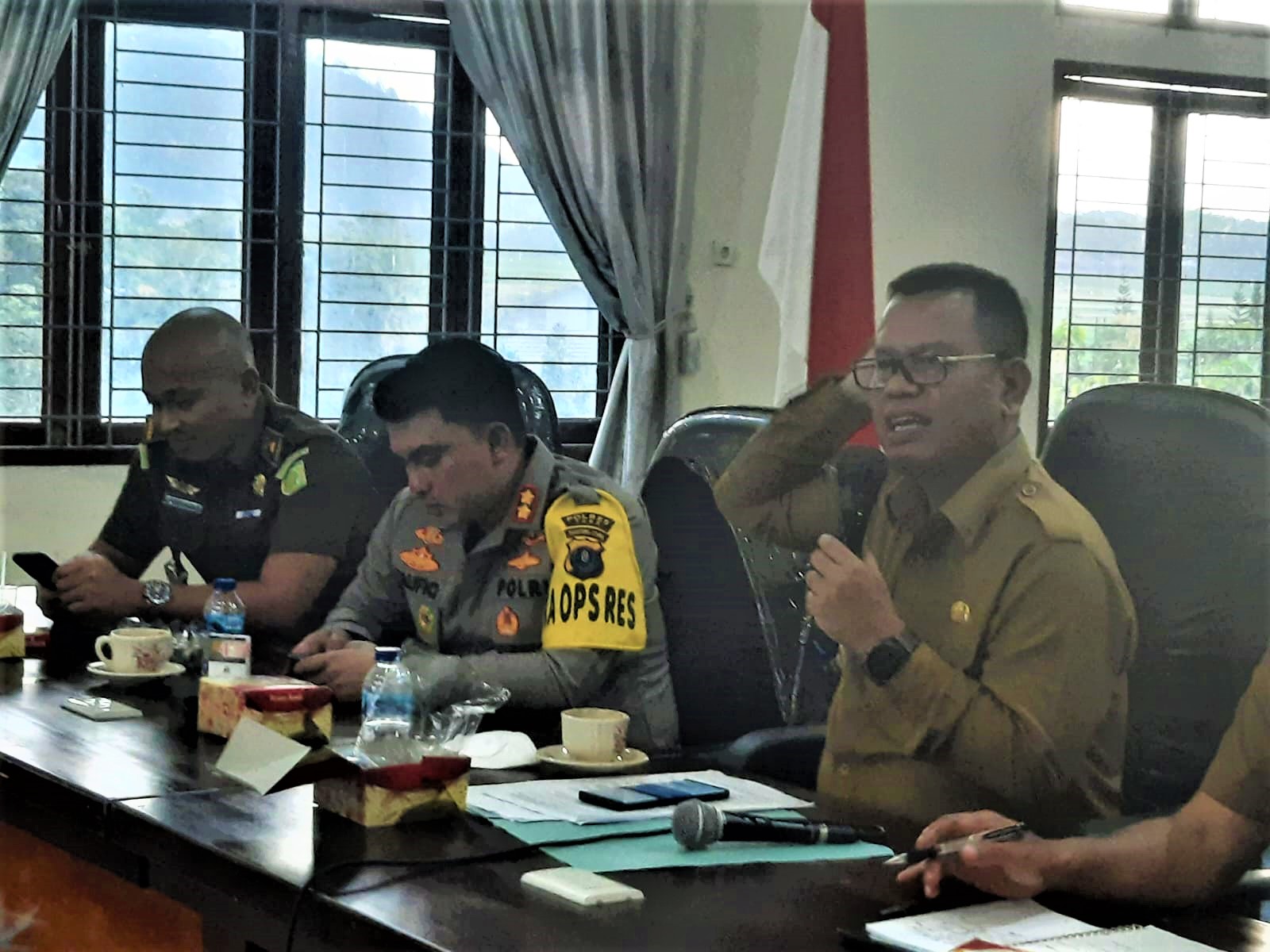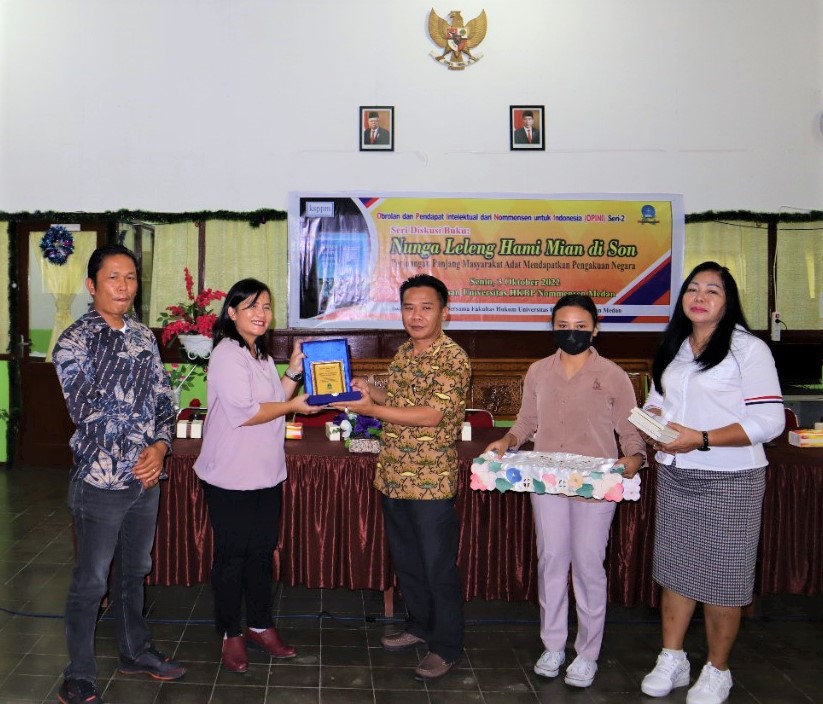Basic Cadre Training Notes
On 24-26 March 2022, 25 participants from various KSPPM assistance areas such as North Tapanuli, Toba and Samosir districts attended the Basic Organisational Cadre Training at the KSPPM Parapat Sopo. Participants are farmers and organisational cadres who are prepared to become administrators and local level organisers who are expected to later hold public positions from the village, sub-district to district levels.
Various materials were presented during the 3 days. Mr Eliakim Sitorus delivered an introduction to KSPPM and social analysis; Mr Janpatar Simamora delivered a session on people’s political education; Abriani Siahaan discussed people’s organisation building; Iwan Nando Samosir discussed people’s organisation leadership and management; Angela Manihuruk delivered a session on gender-perspective leadership; and Rev. Setia Ulina Tarigan delivered a theological reflection.
In organisations, initiative is needed. Every human being must have initiative by exploring their potential, being smart in managing time, always thinking about various social symptoms in their environment and having a spirit of organisation. “Be diligent in discussions because from these discussions we can find out the initiatives of our friends and we also know our own initiatives. Discussions should take place democratically so that everyone gets an equal share to make suggestions,” Eliakim explained.
Elfa Hutahaean explained her experience of organising. In her reflections, she said that being in an organisation means having a common goal to solve problems and for the voices of the people to be heard by the government. Organisations also have structure, mutual trust, vision and mission, and human resources. Discussion is always in it.
Apart from organisations, the participants also discussed the political education of the people. Janpatar stated that humans are zoon-politicon or political creatures that need other people. Because they need other people, humans build togetherness which is called politics. Political education is also referred to as political learning or political socialisation, which is the process of forming and developing people’s political attitudes and behaviour. Political education is an important factor for the formation of citizens’ political attitudes that support the healthy functioning of the government system.
“The real form of people’s politics is the participation of the people in making various political decisions; the main goal is that every political process and policy produced truly represents the interests and aspirations of the people,” said Janpatar.
In theological reflection, the figure of the leader to look up to is Joshua. He was a leader who went through a long process of 40 years accompanying Moses and witnessing his way of leadership. A leader must be humble, have faith and confidence, be willing to serve and act as a guide.
Pastor Setia Ulina Tarigan stated that a leader is not to make people afraid but to make people grow. Our current spirit of leadership often inhibits whereas it should strengthen. People must be heard because it is the people themselves who know their needs, the problems they face and how to jointly improve their welfare.
During the closing ceremony, the participants expressed many hopes and impressions. Of course, this training is sustainable until the participants become cadres who are wise, able to lead, gender fair, willing to serve and have a visionary spirit. **
-(Abadi Aritonang)

